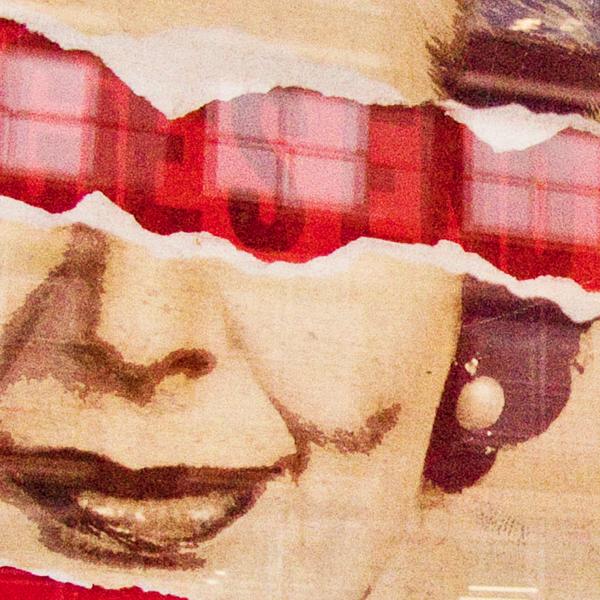I don’t think anyone really knows what Britain is anymore, not least the people in charge of steering the country. The death of Philip Mountbatten last week highlighted its odd nature. Suddenly, the feudal backbone was exposed, with the BBC notably behaving like a state broadcaster in some absolute regime. The political parties ceased campaigning for the local and national elections, a reminder that the UK is a liberal democracy. People laid flowers as a mark of respect, a contrast to the scenes a few weeks ago, where police arrested people for doing just that at a vigil for Sarah Everard. This sparked riots and protests across the country as the Tory government seeks to clamp down on protest rights. What on Earth is Britain and what does it stand for?
If we add Covid, Brexit, the decades-long issues connected with losing an empire, Scottish independence, the continuing unresolved issue of Northern Ireland, then we’re looking at a country in permanent turmoil. It’s not entirely surprising that people look towards a single, ever-present family, for some semblance of stability. It’s no wonder that large sections of British society feel rocked by that stability being shaken by the death of a very elderly man.
The BBC came in for a lot of stick, though, for using multiple channels to play the news over and over again. The Tories, and Labour when in power, have managed to create an individualistic society. This has played out at the same time as a diversification in media, providing an array of entertainment options and choices. Seeing those choices taken away for an evening caused complaint after complaint. The BBC were putting into operation an already agreed and planned for strategy, which was the result of getting panned for not being sombre enough when the Queen mother died in 2002. The world has moved on and the BBC doesn’t know what it is anymore.
I feel a little sorry for the BBC. It has so many people it has to appeal to, not least those in power, and it seems to be as bereft of ideas as that sorry bunch. This week it has seemed to me a microcosm of the UK as a whole. It doesn’t really know what to do with itself. Its greatest achievements are in the past. It lacks vision. I look at UK politics and I see a vast array of mediocre politicians, uninspired and just stuck in the rut of the paradigm started by Thatcher in 1979. I don’t feel quite so sorry for the politicians as I do the BBC, for the simple reason that the BBC has made things that have pleased me. Politicians rarely do anything so useful.
This isn’t to say that the current government is just going through the motions though. The Police, Crime and Sentencing Bill shows they have ideas, but they fit well within the neoliberal narrative. The Bill is designed to ensure protests don’t disrupt the economy. They also fit within a broader, if not contradictory, new right narrative of paternal governmental authority. We are seeing this on immigration and we shall see it further when they get to grips with constitutional issues, such as the Human Rights Act. They want the authority while still claiming to be libertarians.
The heavy hitters of the past have disappeared from politics. Neither main party seems to have a glut of deep thinkers. The Tories point to Michael Gove, but really? His skills lie in being able to successfully tell a narrative on policy, providing reasons for what the government is doing. Boris Johnson does not even have that basic skill. Looking towards Labour, it’s hard to see where the future lies. There isn’t anyone I can point to as a heavyweight of politics. Ed Miliband comes the closest, but he’s already lost an election. Jess Phillips is one of the more impressive communicators but it’s unclear if she has any kind of backing in the parliamentary party or the membership.
What happens when a country is led by a bunch without vision? It’s on auto-pilot. The establishment reacts to events either by pre-planned responses, as the BBC did this week, or else it responds by gut reaction. This week has brought all these issues to stark relief. Britain is lacking vision. Its politicians want us all to unite behind the flag, behind authority, behind the monarchy and behind the law. At the same time, they believe in an individualised economy, making their unity hard to achieve. This is a fault line that can be exploited. Anarchists can learn something about the British state from the way it has behaved in recent days.
The contradictions are plain to see. They are exposed. Britain is a broken, crumpled mess. The issues it is dealing with will only continue. Our role has to be to find ways to exploit the weaknesses and to take people with us in advocating an alternative.
~ Jon Bigger
Pic: BiblioArchives








